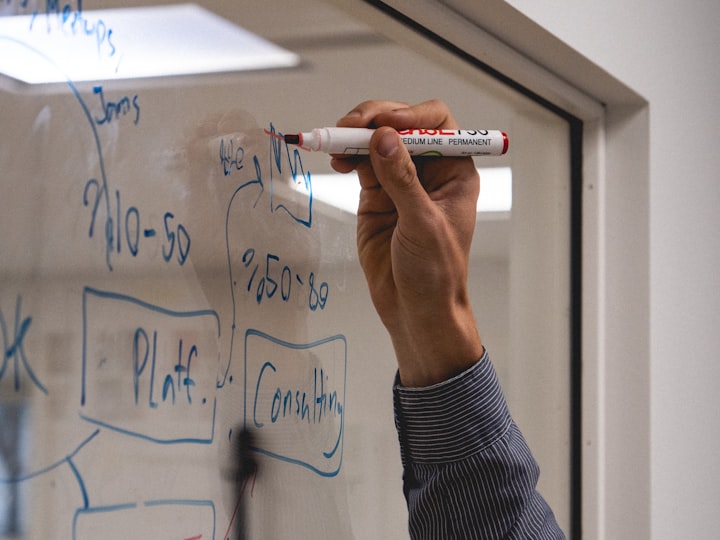Taking Control Of Your Time And Attention
Options for becoming more intentional with your time, energy, and attention.

How do you start your Monday mornings? If you’re like many people, Mondays (and most days) start with checking your email, Slack, or other tools you use to communicate and collaborate with co-workers. And for many people, a quick check turns into an hour or more of responding to messages, answering questions, providing updates, and problem-solving. For some people, this turns into “where did my day go?” These can be important activities. But are they the highest-leverage activities? In other words, are these the activities that you would choose to do assuming your goal is to have the most impact during the week ahead?
“Most of us live in an overstimulating environment. We are bombarded by abrasive, insistent, and often meaningless claims on our senses. To the extent that we allow our attention to be jerked around in this way, we are allowing our inner world to be created by others.” by Catherine MacCoun from On Becoming An Alchemist
Attention is a resource just like time, money, etc. And like time, attention is one of our scarest resources. Either we choose how to spend our attention or other people spend it for us. Even though an email or Slack message may seem important, it’s up to you to decide if and when to spend your attention on it. You were hired to achieve an outcome. And therefore, it’s up to you to ask the question “Is spending my attention on this going to contribute to the outcome I’m working toward?”
If you already ask these types of questions regularly, congratulations. You’re doing something called metacognition, which is awareness, understanding, and control of your thought process. You may also know this as “self-reflection” or “active thinking”. From a metacognitive view, there’s a lot happening in the above question. You’re stepping back from a potential task and considering it in the context of your overall work and objective. You’re potentially asking more questions such as “What is my goal for this week?” or “This keeps happening. Is there a way to reduce these types of requests?” You’re considering if there are alternative tasks that could be higher leverage. You’re deciding how, if, and when you’ll respond. In other words, you’re taking ownership of your attention and intentionally deciding what to do with it.
If you don’t ask these types of questions regularly, don’t worry - many people don’t. Metacognition is a practice that humans are very capable of doing yet it’s not a practice that’s in our nature. Metacognition is something that needs to be learned and practiced to develop expertise and a habit of asking these powerful questions. If you regularly practice asking these types of questions, you’ll develop an almost seamless habit over time of asking them regularly.
The trick with creating new habits is actually doing something enough to make it a habit. That’s why each Sunday morning I perform a ritual I call The Week Ahead where I reflect on the previous week and envision the week ahead. I don't necessarily make a plan, but rather I make a list of options. These options are a short list of things that seem most valuable to focus on in the upcoming week. But if I don't get to all of those things or perhaps even add a few new things during the week that's ok too. I do this in a note in my Evernote notebook.
As part of The Week Ahead ritual, I often answer a few powerful questions such as:
- "What's the #1 thing I want to accomplish this week?"
- "What's one thing I'm going to do for myself this week"
- "How can I help and support the people around me this week?"
You can try this responding however you want - send yourself an email, use a Google Doc, or write in a paper journal. Over time, this weekly ritual and taking time to practice it will help you develop expertise and a habit of asking and answering powerful questions. And over time, it will help you take control of your time and attention.
The Week Ahead is also about helping you to use powerful questions beyond Monday mornings. Asking these types of questions can be applied almost anywhere - with your team, manager, and other co-workers - having dramatic effects on your effectiveness while also saving time. People often say “think outside the box” or “get creative”. Powerful questions are a structured way of thinking outside the box and unleashing your wisdom and creativity.



Comments ()